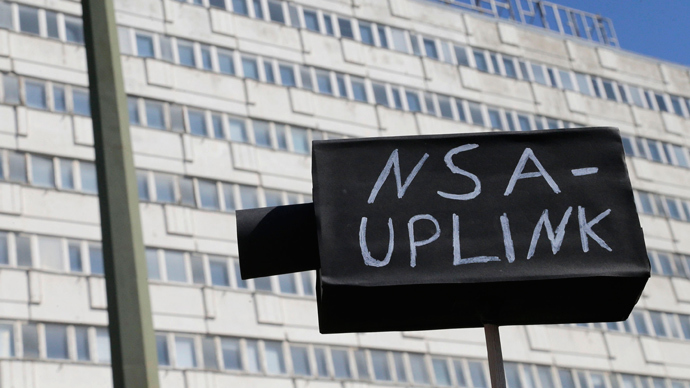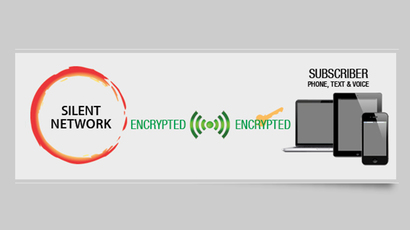‘New urgency’ to stop NSA-spying after latest Snowden leak, congressman says

Amid reports that the United States and Britain can crack the encryption methods used to secure most Internet traffic and online conversations, one America lawmaker is reminding the world that he’s already attempting to make such conduct a crime.
Disclosures made last week by former intelligence contractor Edward Snowden revealed that the US National Security Agency and the UK’s Government Communications Headquarters have achieved the ability to decrypt Internet communications previously thought to be protected from prying eyes. More than a month earlier, though, Rep. Rush Holt (D-New Jersey) was working on Capitol Hill to try and keep the government from ordering the installation of any back-doors that’d allow such access.
Last month, Rep. Holt introduced HR 2818 in Congress, a bill that
include provision that “Prohibits the federal government from
requiring manufacturers of electronic devices and related
software to build in mechanisms allowing the federal government
to bypass encryption or privacy technology.”
When Holt first unveiled HR 2818, he told RT that “there is a strong interest in Congress and around the country to have the debate that we have not had for decades,” and suggested that the time couldn’t be better to bring his bill up for debate. Now following even further disclosures, Holt could see that debate happening on Capitol Hill sooner than he thought.
According to top-secret intelligence documents supplied to the Guardian newspaper by Mr. Snowden, the NSA has in recent years spent $250 million annually on a program that involves working alongside leading American tech companies to “covertly influence” product designs so that commercial software touted to customers as providing encryption actually contain secret backdoors that, if exploited, provide access to government agents.
After the Guardian, ProPublica and New York Times published news of the latest Snowden leak, Holt issued a statement saying, “These reports, if true, show that the NSA, in its zeal to spy, may be leaving Americans less secure.”
HR 2818, also known as the Surveillance State Repeal Act, “would make it illegal for the NSA to insert ‘back doors’ into computer hardware or software,” Holt said on Thursday. “These revelations give that proposal new urgency.”
“Although the NSA’s goal may have been to allow the US government to spy on communications, by introducing vulnerabilities into widely used computer hardware and software, the NSA would be rendering all communications vulnerable to criminals and foreign intelligence agencies. Anyone can walk through an open door if they can find it,” Holt said.
“Our Constitution protects Americans against unreasonable searches and seizures. I believe that includes a right for innocent citizens to encrypt their data securely,” Holt wrote.
“Further, these revelations raise questions for American technology companies. What foreign business would buy products that have been deliberately rendered insecure?” he asked.
Speaking to the New York Times last week, Holt added, “Even if NSA does it with the purest motive, it can ruin the reputations of billion-dollar companies.”
Last week’s Snowden disclosure came just days after the fugitive leaker released information on the US intelligence community’s previously secret black budget. Those documents claimed the US Consolidated Cryptologic Program asked for $11 billion in fiscal year 2013 towards covert programs aimed at decrypting seemingly secure transmissions.
Holt's proposal hasn't been touched on the Hill since it was
referred to committee on July 24. Congress returned from summer
recess this Monday and could act on it shortly.














